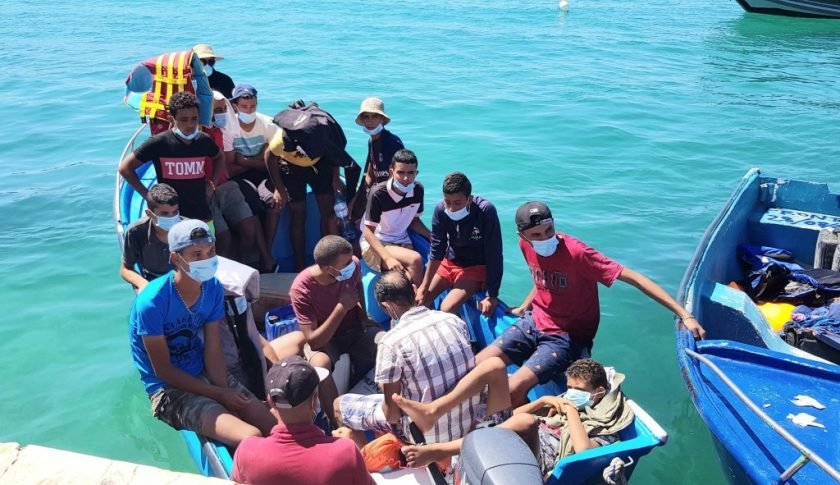The Board of Executive Directors of the World Bank today approved $125.16 million in financing, including a $17.16 million grant from the Pandemic Fund, to support Tunisia’s efforts to improve access to resilient, quality health services that are better prepared for emergencies. This support is part of the Tunisian Health System Strengthening Project.
This national initiative aims to strengthen pandemic preparedness and emergency care, modernize primary healthcare services, and improve governance and digitization of the public healthcare system. The project supports the implementation of Tunisia’s National Health Policy (PNS), a government-led reform strategy focused on equitable access to care, with a particular emphasis on prevention and health protection.
“By strengthening the resilience and responsiveness of the Tunisian healthcare system, this project will help ensure that all Tunisians, especially the most vulnerable, can access quality care in a timely manner,” emphasizes Alexandre Arrobbio, World Bank Head of Operations for Tunisia. It is based on a solid partnership that achieved notable results during the COVID19 crisis, whether in the provision of protective equipment, the deployment of vaccines, the supply of medical oxygen, the development of digital platforms or the modernization of hospitals and laboratories. Today, we are stepping up these efforts to support the delivery of healthcare services and preparedness for future pandemics on a national scale, in close collaboration with the Food and Agriculture Organization of the United Nations and the World Health Organization.”
The Tunisian Health System Strengthening Project aims to improve access for the entire population to critical health care, emergency services and quality hospital interventions. It will also directly benefit front-line health workers by building their capacity in key areas such as disease surveillance, field epidemiology, emergency care and the use of digital systems, including electronic medical records. Aligned with Tunisia’s development priorities, the project will help strengthen the country’s public health preparedness and ensure the continuity and quality of essential services.
The project will strengthen the health system through three interdependent components. It will support the development of surveillance systems integrated with the “One Health” approach, and the strengthening of laboratory and public health infrastructures, to ensure robust monitoring and response capabilities. It will also reorganize primary healthcare services at community level by promoting family medicine, adapting facilities’ capacities to real needs, and developing telemedicine and electronic medical records, thus improving accessibility, continuity and quality of care. Finally, it will help to improve emergency care and hospital infrastructures by modernizing ambulance fleets, implementing geolocalized dispatch systems, and strengthening triage and bed management technologies, to ensure efficient, coordinated and equitable provision of services.
“Tunisia is stepping up its efforts to improve the delivery of health services, with a view to broadening access to care and making it more equitable,” explains Yassine Kalboussi, World Bank health specialist and project team leader. This project will support the technological and structural transformation of the healthcare system, build the capacity of healthcare personnel and improve the quality of services, particularly in the most underserved areas.”
TunisianMonitorOnline (NejiMed-WB)




